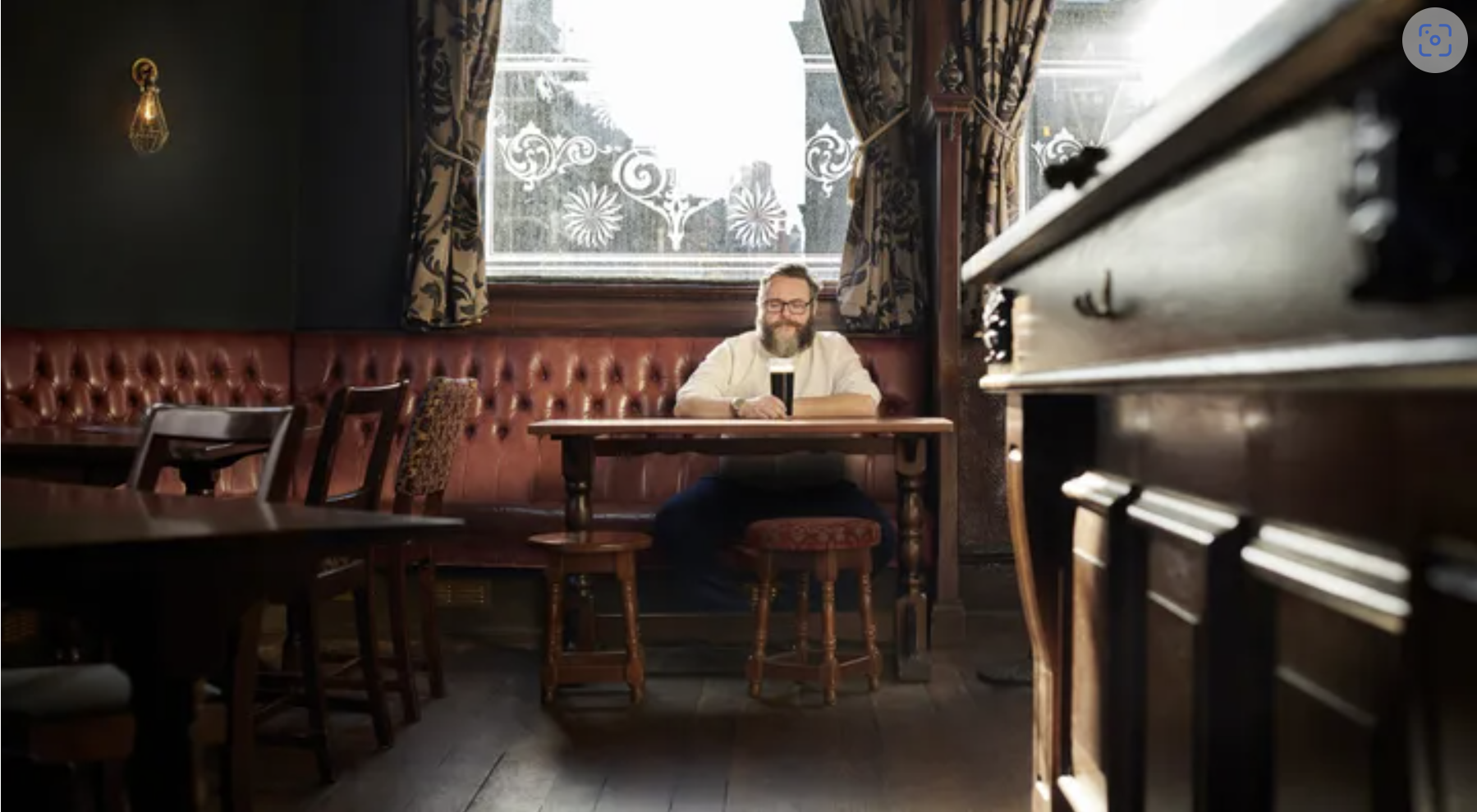
More People Are Dining Solo — And There Are Unexpected Benefits Dining alone used to imply loneliness. Now, it’s embraced as a way to improve our physical and mental health. It is going to happen sometimes — you find yourself alone at mealtime, but you’re not at home, and your only option is dining out. Maybe you’re traveling solo for work or taking a vacation alone. Do you order food in your hotel room or choose to eat at a restaurant by yourself? For many, eating alone in public can be unimaginable. But now, more people are electing to dine solo. OpenTable, the online restaurant reservation company, found that “60% have dined solo at a sit-down restaurant in the past 12 months.” And if you are from a younger generation, like Gen Z or a Millennial, that number increases to 68%. Solo diners also make good business sense for restaurants. In a recent 2024 OpenTable press release, Robin Chiang, senior vice president of growth for OpenTable, noted that “solo diners tend to be big spenders, splurging 48% more per person compared to the average diner.” In the past few decades, the general public has looked down upon solo dining. Dr. Supatra Tovar, a clinical psychologist and registered dietitian, noted, “There was an unspoken belief that dining alone implied loneliness or a lack of social connections, which many people wanted to avoid.” Or it meant that you were too busy to value having company or the experience of eating the meal. Dr. Tovar credits society’s increased emphasis on self-care, mindfulness and independence. She explained, “The rise of the wellness movement and the emphasis on mental health have encouraged people to prioritize their own needs and experiences.” During the pandemic, many people ate solo because of necessity, and social dynamics about solo dining shifted, Tovar said. Once stigmatized, solo dining at restaurants is now becoming more common as diners find benefits to solo dining.

Recent Comments